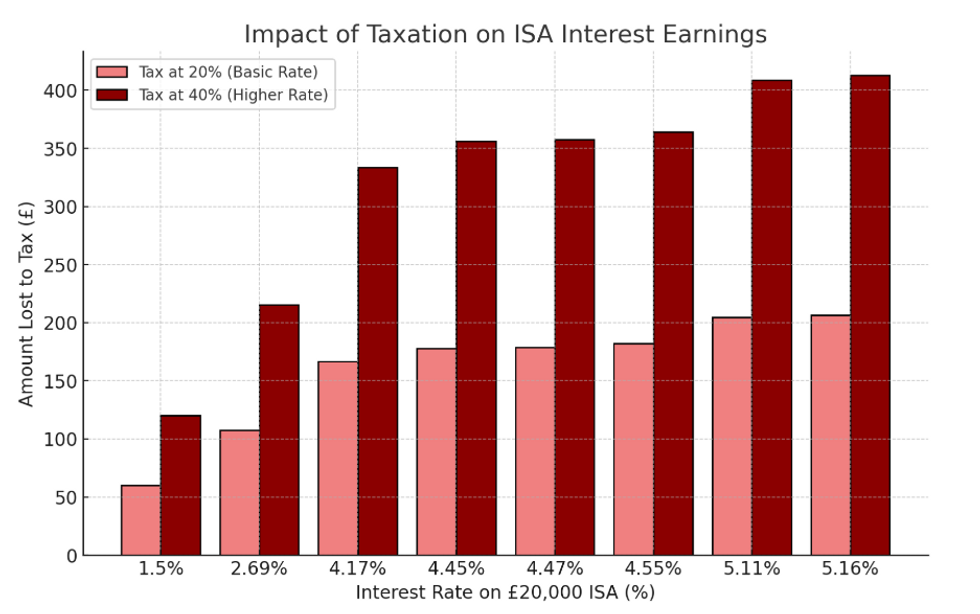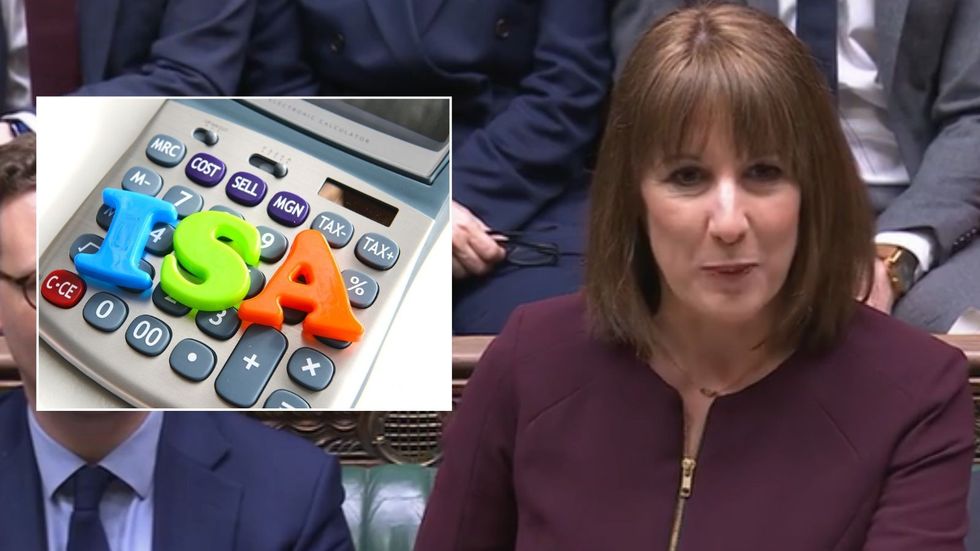Chancellor Rachel Reeves is being told to avoid launching a “scary” tax raid on savings accounts during her Autumn Budget on November 26 as she attempts to plug the estimated £30billion “black hole” in the public finances.
Treasury officials are understood to be holding talks with financial institutions regarding a potential reduction of the annual cash ISA limit to £10,000, while keeping the total ISA allowance at £20,000.
The Chancellor is weighing up substantial changes to the tax system ahead of her fiscal statement next month, with reports suggesting the income tax rate could be raised.
However, rumoured reforms would also see the yearly cash ISA contribution cap slashed by half from its current £20,000 threshold. Multiple options remain on the table as the Chancellor’s team evaluates various proposals, with no final determinations yet made.

These discussions mark a significant potential shift in how Britons can allocate their tax-free savings between cash deposits and investment products.
Chris Rudden, the head of Investment Consultants at Moneyfarm, said: “As the Budget fast approaches, rumours are swirling once again about the creative ways the government might try to raise more tax revenue, with the aim, of course, being to plug the fiscal black hole.
“One suggestion that was seemingly put to bed, but has returned with meaningful vigour and is now seen as quite likely, is the proposal to cut the Cash ISA allowance from £20,000 to £10,000 a year.
“There are apparently several desired outcomes here, chief among them the aim to encourage people to move away from cash savings and towards investing.

“Alongside this, we’ve seen claims that such a move could boost the UK stock market, reverse the declining trend of companies choosing not to list in the UK, and unlock billions of pounds to be invested in UK businesses to drive growth.
“However, cutting the Cash ISA limit isn’t going to suddenly prompt people to invest a significant portion of their savings in a Stocks and Shares ISA, a product seen by many as intangible and, frankly scary. The Government needs to help educate people about the risks and rewards of investing before abruptly limiting access to other options.
“Ultimately, the November Budget may or may not bring immediate changes, but the policy direction is becoming clearer: future governments may seek to reshape the ISA system to encourage more investment and less long-term cash holding.
“Regardless of what happens, we do agree that getting more people investing is crucial and could make a serious change to the levels of the nation’s wealth and really help everyone to reach, or even improve on, their long term goals.”
The Chancellor seeks to channel billions of pounds from savings accounts into UK company shares, aiming to foster an investment culture similar to that found in America.
Ms Reeves outlined her vision for reforming ISAs during her Mansion House speech in July, where she pledged to “engage widely in the coming months” to achieve better outcomes for British savers and the economy.
The Treasury is also exploring whether to resurrect the former government’s “Brit ISA” scheme, which would have provided an additional £5,000 tax-free allowance exclusively for investments in UK shares. Labour had previously dismissed this initiative as excessively complex.
Building societies raised strong objections during the summer months, cautioning that cash ISA funds play a crucial role in supporting mortgage provision. They warned that any decrease in these deposits might lead to higher borrowing expenses for property owners.
LATEST DEVELOPMENTS:
- ‘Double whammy’ for older Britons amid state pension age rise and retirement savings tax raid
- HMRC warning: ‘Know how much tax you need to pay’ or face £100 penalty as deadline looms
- Taxpayer fury as civil servants pocket £30,000 for holidays they didn’t take

Following this resistance, Treasury officials have recently renewed their dialogue with financial services companies to discuss potential restrictions on cash ISA contributions. These fresh consultations demonstrate the government’s continued determination to pursue the reforms despite industry concerns.
The renewed engagement with financial firms suggests the Chancellor remains committed to reshaping the savings landscape, even as mortgage lenders express apprehension about the potential consequences for homebuyers.
A Treasury spokesperson responded: “Cash savings are important for people looking to put cash away for a rainy day and we will protect that.”
They added that “the Chancellor has been clear that she wants to get Britain investing again, so British companies can grow and British savers who choose to invest can get more in return”.
Our Standards: The GB News Editorial Charter







Follow